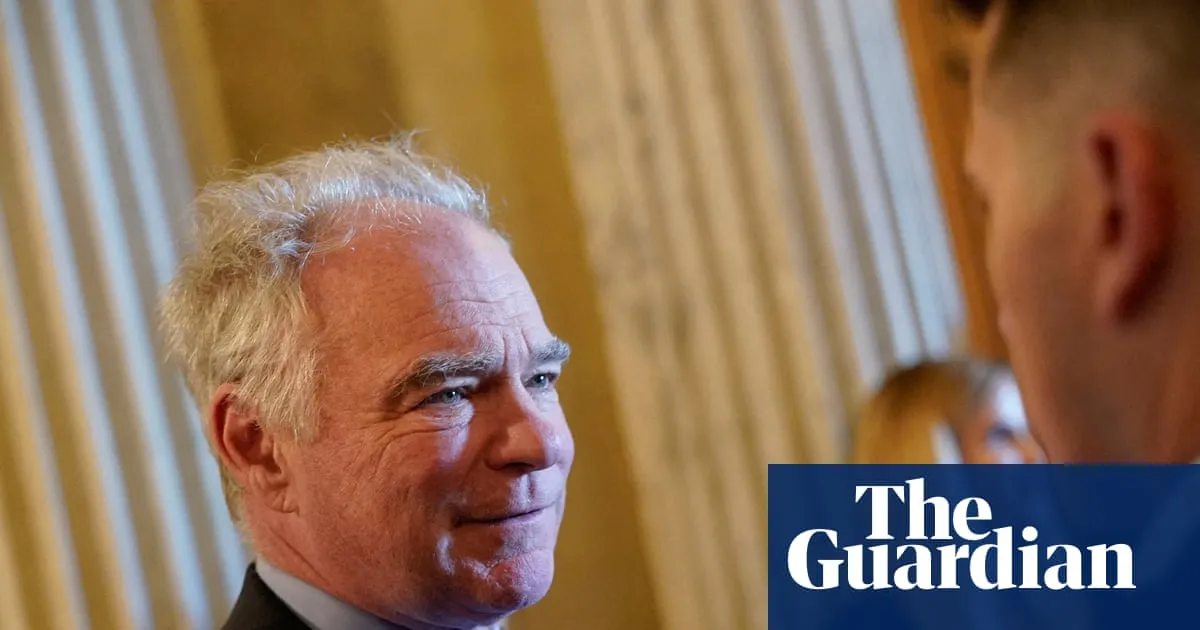
On Tuesday, the US Senate took a significant step by approving a measure aimed at terminating former President Donald Trump’s extensive tariffs on Brazilian imports. This resolution, which encompasses a variety of products including coffee, beef, and other goods, reflects a rare moment of bipartisan opposition to Trump's ongoing trade war. The final vote concluded with a close margin of 52-48.
The initiative was spearheaded by Senator Tim Kaine, a Democrat from Virginia, who seeks to overturn the national emergency that Trump declared to justify these levies. Although the resolution gained traction in the Senate, it is expected to face significant hurdles in the US House. The Republican-controlled chamber has already taken measures to prevent any efforts aimed at blocking the president’s tariffs.
Even if the measure were to reach Trump’s desk, it is highly likely that he would exercise his veto power. In a passionate floor speech, Kaine expressed his concerns, stating, “Tariffs are a tax on American consumers. Tariffs are a tax on American businesses. And they are a tax that is imposed by a single person: Donald J Trump.” He emphasized that these tariffs increase costs for both consumers and businesses in the United States.
Senate Minority Leader Mitch McConnell also weighed in on the issue, stating, “The economic harms of trade wars are not the exception to history, but the rule.” His comments reflect a growing concern among lawmakers about the long-term impact of protectionist policies on the American economy. McConnell further added, “And no cross-eyed reading of Reagan will reveal otherwise.”
The renewed push in the Senate to target Trump's tariffs follows a prior vote in April, during which four Republicans joined Democrats to support a measure aimed at rolling back tariffs on Canada. Notable supporters included Senators Lisa Murkowski of Alaska, Susan Collins of Maine, McConnell himself, and Rand Paul of Kentucky, who co-sponsored the legislation.
However, a subsequent attempt to block Trump’s so-called “Liberation Day” tariffs was unsuccessful, as two supporters were absent from the vote, which needed a simple majority to pass. In July, Trump declared a national emergency regarding “recent policies, practices, and actions of the Government of Brazil,” labeling them as an “unusual and extraordinary threat.”
In comments to reporters, Kaine suggested that the tariffs may be retaliatory and linked to the prosecution of former Brazilian President Jair Bolsonaro, a close ally of Trump. Bolsonaro was convicted in September and sentenced to 27 years in prison for his involvement in an attempted coup in 2022, raising questions about the political motivations behind these tariffs.
This ongoing legislative battle reflects the complexities of trade policy in the United States and highlights the challenges that lawmakers face as they navigate the impacts of tariffs on the economy.